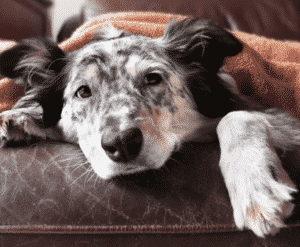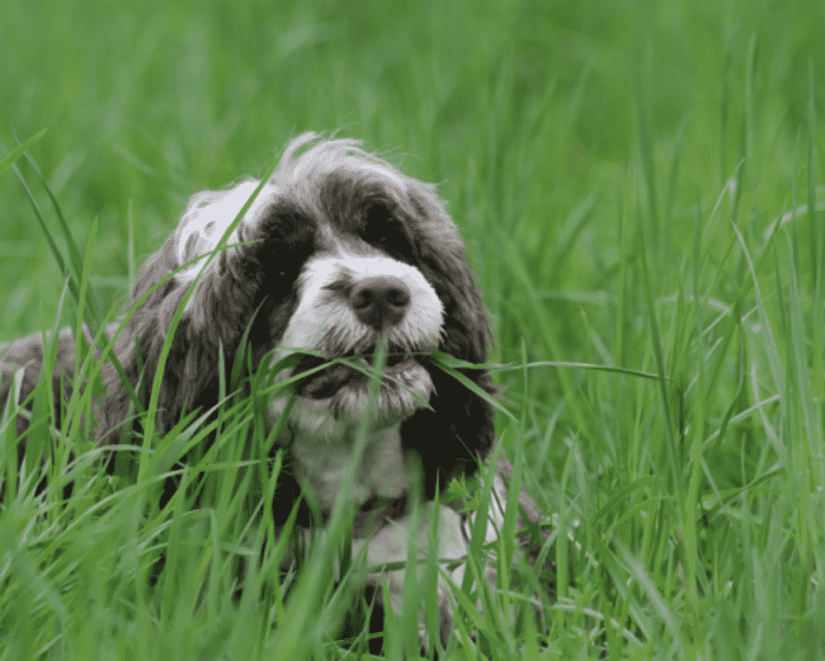One of the more peculiar behaviors some dogs exhibit is called pica – a psychological disorder characterized by the desire to consume largely non-nutritive substances. For dogs, while they may also target leaves and sticks, pica is most commonly represented in the tendency to eat grass. Dogs that eat grass do so for a variety of reasons, ranging from sickness relief to boredom, and it usually manifests either in regular cycles or as spontaneous bursts.
How Will This Impact My Dog?
Physical Implications
The majority of pica cases have either negative physical or psychological implications. Common physical causes of pica include: gastric reflux, inflammatory bowel disease, and pancreatitis; pica can result in symptoms of lethargy, diarrhea, constipation, or weight loss in these instances. If your dog is exhibiting these symptoms, see a veterinarian as soon as possible.

Psychological Implications
Psychological implications of of pica can be harmful in a home environment. The negative behaviors associated with pica include:
- Boredom – Owners aren’t giving their dogs enough attention.
- Separation Anxiety – Dogs are having a hard time coping with loneliness
- Obsession – Your dog has a more serious mental disorder.
Way To Alleviate Negative Behaviors
- Boredom – Simply give your dog more attention! Give them more playtime and toys to chew on during quiet hours.
- Separation Anxiety – Try and surround your dogs with personal clothes or blankets to keep your scent around when you leave or try using a doggie daycare system so they feel more at ease.
- Obsessions – Talk to your veterinarian about what options are best to help your dog.
How Can I Treat Pica At Home?
If your dog exhibits pica, but it seems to be under control, consider working in natural herbs or roasted vegetables into their diets. These substitutions may provide a sense of hunger fulfillment for the do. Even in monitored environments, pica can lead to some unhealthy complications. Teething puppies, specifically, tend to gnaw on and consume as many objects as possible, and they usually love munching on nature’s chew toys. Sticks, leaves, grass, and rocks can end up in their digestive system, which can cause blockages and backups. Give them plenty of attention and toys designed to keep their attention during these phases.
